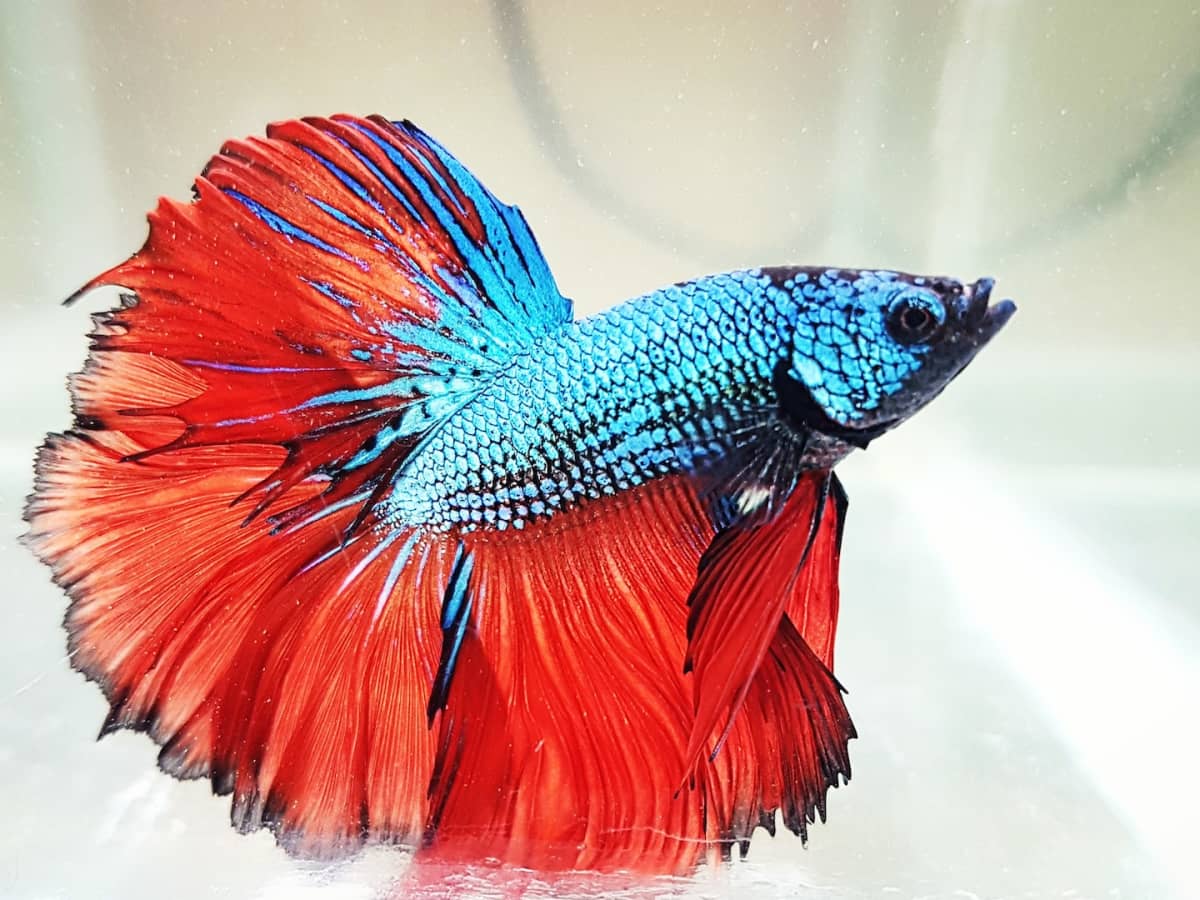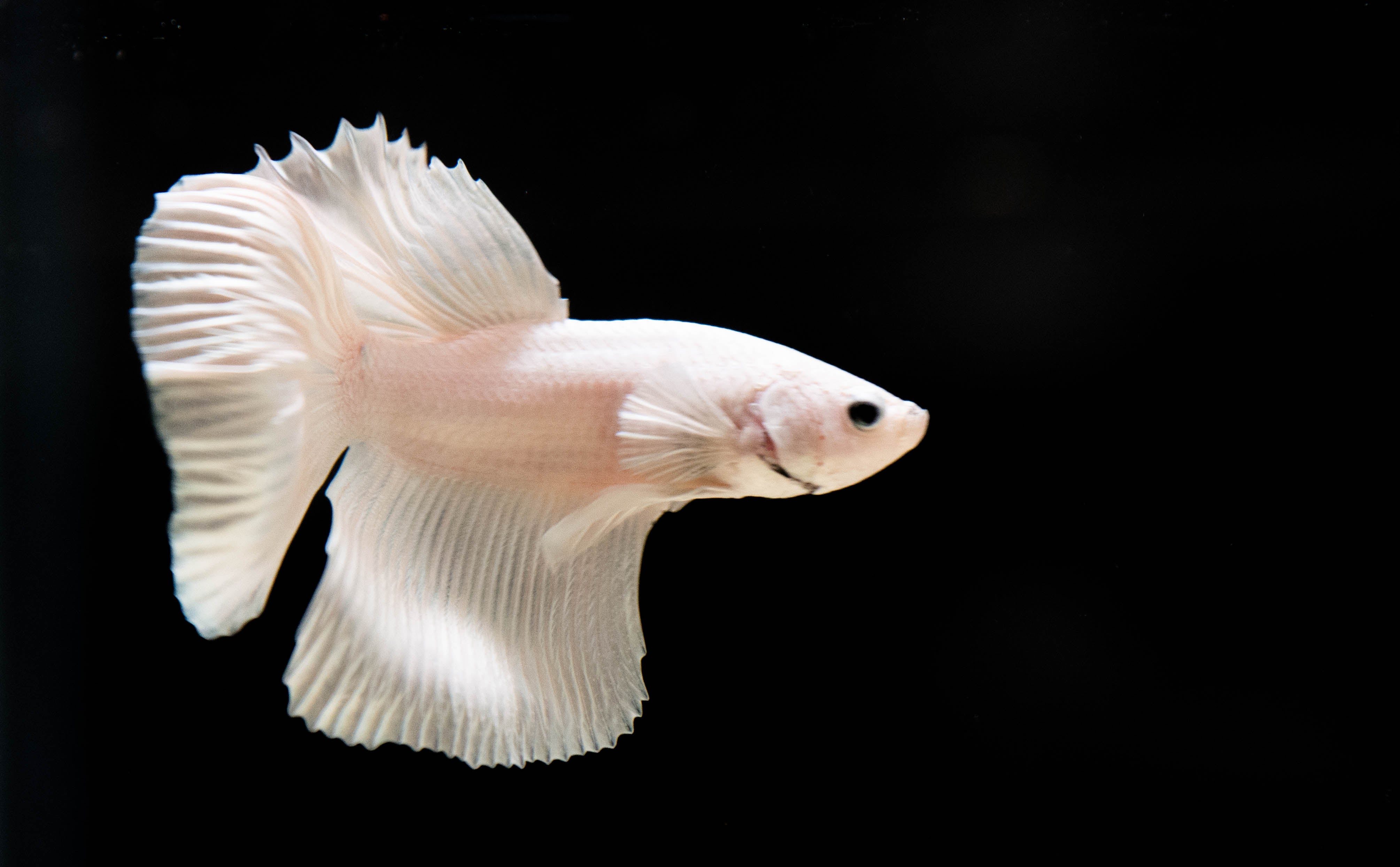The Ultimate Overview to Betta Fish Treatment: Necessary Tips for Keeping a Healthy and Flourishing Aquarium Atmosphere
Efficient Betta fish treatment requires a thorough understanding of their unique environmental and physiological demands. Developing an ideal fish tank starts with choosing the right storage tank size and making sure optimum water problems, which are important for the health and wellness and wellness of your Betta. Recognizing correct feeding methods and producing a helpful environment can dramatically affect your fish's vitality and behavior. As you consider these fundamental aspects, it ends up being clear that maintaining a thriving aquarium environment requires interest to information and continuous commitment. What certain approaches will you execute to enhance your Betta's top quality of life?
Picking the Right Tank
Selecting the proper container for your Betta fish is essential to guaranteeing its wellness and well-being. Bettas flourish in settings that resemble their natural environments, which typically consist of calmness, cozy waters. A storage tank size of a minimum of 5 gallons is advised to give adequate swimming space, as smaller sized containers can bring about tension and health and wellness concerns for these dynamic fish.
When selecting a storage tank, take into consideration the container's form and filtration system. A rectangular tank is preferable to a bowl, as it provides extra surface for oxygen exchange. Furthermore, a reliable filtration system is necessary to preserve water high quality and decrease the frequency of water adjustments (betta fish). It's important to select a filter with a gentle flow, as Bettas are not strong swimmers and might battle against solid currents.
Temperature guideline is one more key variable; Bettas like water temperatures between 76 ° F and 82 ° F. Investing in a good heating system will make sure that the water remains within this range, advertising a healthy and balanced and active way of living for your Betta. Providing proper tank decors and hiding areas will aid decrease stress and motivate all-natural habits, additionally enhancing your Betta's health.
Maintaining Water High Quality
Keeping ideal water top quality is essential for the wellness and longevity of Betta fish. This needs normal surveillance of numerous specifications, consisting of temperature, pH, ammonia, nitrite, and nitrate levels. Bettas prosper in temperature levels between 76 ° F and 82 ° F, so maintaining a steady temperature is vital. Sudden changes can bring about anxiety and illness.
The pH level ought to preferably drop between 6.5 and 7.5. Regular testing using a reliable water testing kit can help make sure these criteria stay within the ideal ranges. Ammonia and nitrite levels must always be at 0 ppm, as also reduced concentrations can be toxic to Betta fish. Nitrate levels must be kept under 20 ppm to avoid long-lasting health and wellness concerns.
Regular water changes are crucial to preserving water high quality. Furthermore, integrating a robust purification system can help in maintaining water clarity and high quality, offering a much healthier habitat for your Betta fish.
Ideal Feeding Practices
Supplying a well balanced diet is crucial for the wellness and dynamic pigmentation of Betta fish, as their dietary requirements play a significant duty in their overall wellness. Betta fish are meat-eating by nature, needing a diet regimen high in healthy protein. A mix of top quality pellets, icy or online foods such as bloodworms, salt water shrimp, and daphnia can offer the crucial nutrients they need.
Feed your Betta fish 2 to three times a day, using only what they can consume within 2 to 3 minutes to avoid overfeeding and maintain water high quality. Overfeeding can lead to weight problems and wellness concerns, including swim bladder condition. It is important to monitor their dietary intake and change section sizes as necessary.
Along with protein, a balanced diet plan must consist of nutrients to advertise optimal wellness. Think about supplementing their diet plan with high-quality flakes or pellets specifically developed for Betta fish, as these commonly contain required additives.

Developing an Appropriate Habitat

Water top quality is paramount; preserve a temperature level in between 76 ° F and 82 ° F, and make certain the pH level ranges from 6 - betta fish.5 to 7.5. Routine water modifications of 25-50% weekly will assist maintain contaminants at bay and guarantee a steady atmosphere
Including plants and hiding spots is critical, as Betta fish are naturally territorial and enjoy having areas to check out and retreat. Live or silk plants, together with caverns and accessories, can develop a revitalizing setting.

Regular Health Checkups
Performing normal wellness checkups is essential for guaranteeing the well-being of Betta fish, as very early detection of prospective issues can avoid severe health and wellness problems. These examinations need to include a comprehensive exam of the fish's physical condition, behavior, and ecological aspects.
Begin by observing the Betta fish for any type of indicators look at this website of distress, such as lethargy, loss of cravings, or uncommon swimming patterns. Furthermore, examine the fins and body for signs of discoloration, lesions, or fin rot, which can show infections or parasites. Consistently keeping an eye on the water top quality in the aquarium is just as essential; specifications such as pH, ammonia, nitrite, and nitrate degrees should be maintained within optimum arrays to avoid tension and ailment.
Additionally, consider maintaining a log of wellness monitorings and water top quality examinations. Prompt intervention can make a considerable difference in the recovery of your Betta fish, guaranteeing a lengthy and healthy life in a well-maintained aquarium atmosphere.
Final Thought
Finally, successful Betta fish treatment depends upon developing and keeping an ideal aquarium setting. Key aspects consist of choosing a suitably sized tank, making sure regular water quality, adhering to suitable feeding techniques, and developing an environment that reduces tension. Regular health check-ups are necessary for early detection of possible problems. By adhering to these guidelines, aquarists can promote the wellness and vibrancy of Betta fish, ultimately leading to a prospering aquatic ecosystem.
Comments on “Just How to Present Betta Fish to a Neighborhood Storage Tank Safely”